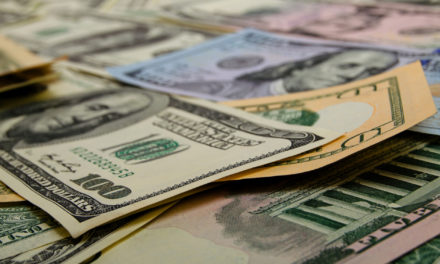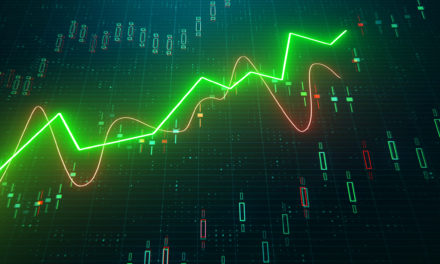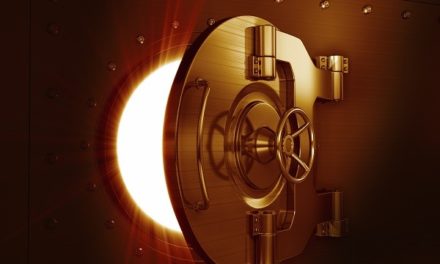
“Only buy something that you’d be perfectly happy to hold if the market shut down for 10 years.”
— Warren Buffett
The wisdom of Warren Buffett reflects a value-based philosophy about investing that says investors are buying shares in a business, and encourages strategic thinking about investment time horizon. Before placing a buy order for a stock, a great question we can ask is whether we would still be comfortable making the investment if we couldn’t sell it for many years?
A “buy-and-hold” approach may call for a time horizon that spans a long period of time — maybe even lasting for a ten year holding period. Suppose such a “buy-and-hold” investor had looked into buying shares of Federal Realty Investment Trust (NYSE: FRT) back in 2009. Let’s take a look at how such an investment would have worked out for that buy-and-hold investor:
| Start date: | 12/21/2009 |
|
|||
| End date: | 12/18/2019 | ||||
| Start price/share: | $67.29 | ||||
| End price/share: | $128.18 | ||||
| Starting shares: | 148.61 | ||||
| Ending shares: | 200.30 | ||||
| Dividends reinvested/share: | $33.75 | ||||
| Total return: | 156.74% | ||||
| Average annual return: | 9.89% | ||||
| Starting investment: | $10,000.00 | ||||
| Ending investment: | $25,672.58 | ||||
As shown above, the ten year investment result worked out well, with an annualized rate of return of 9.89%. This would have turned a $10K investment made 10 years ago into $25,672.58 today (as of 12/18/2019). On a total return basis, that’s a result of 156.74% (something to think about: how might FRT shares perform over the next 10 years?). [These numbers were computed with the Dividend Channel DRIP Returns Calculator.]
Notice that Federal Realty Investment Trust paid investors a total of $33.75/share in dividends over the 10 holding period, marking a second component of the total return beyond share price change alone. Much like watering a tree, reinvesting dividends can help an investment to grow over time — for the above calculations we assume dividend reinvestment (and for this exercise the closing price on ex-date is used for the reinvestment of a given dividend).
Based upon the most recent annualized dividend rate of 4.2/share, we calculate that FRT has a current yield of approximately 3.28%. Another interesting datapoint we can examine is ‘yield on cost’ — in other words, we can express the current annualized dividend of 4.2 against the original $67.29/share purchase price. This works out to a yield on cost of 4.87%.
Another great investment quote to think about:
“Based on my own personal experience, both as an investor in recent years and an expert witness in years past, rarely do more than three or four variables really count. Everything else is noise.” — Martin Whitman




